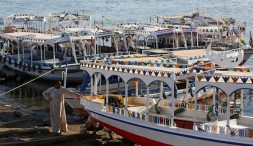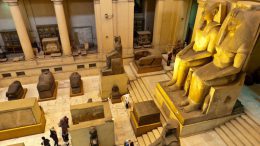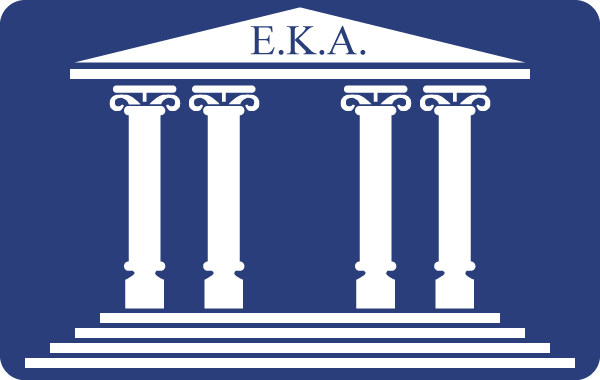Tag: Egypt
-

Egypt sets up new fund to revive tourism industry
Egypt has set up a new fund worth 5 billion Egyptian pounds ($267 million) to upgrade hotels, tourist resorts and Nile floating boats across the country as part of efforts to revive its ailing tourism industry. The new fund, which was announced by the Central Bank of Egypt (CBE) on Dec. 26, would finance maintenance and…
-

On Cue With Elon Musk, A Solar Power Company Blooms In The Egyptian Desert
CAIRO—About a half-million solar panels were installed every day around the world last year, according to the International Energy Agency. Costs for solar photovoltaics are expected to drop by 25% by 2020, making solar — already competitive — cheaper than other forms of energy in many cases. Smart entrepreneurs will get ahead of that curve.…
-

Critical film unnerves Egypt’s religious scholars
Egypt’s religious scholars are up in arms over a new film that takes on the nation’s sheikhs and mosque preachers. The film, called “Mawlana” (“Preacher”), has been screened at cinemas nationwide since Jan. 4. It has stirred up controversy among Islamic scholars who accuse its makers of tarnishing their reputation and call for it to…
-

Egyptian museums achieve revenues of EGP 45m in 2016
The Ministry of Antiquities’ affiliated museums have achieved total revenues of $45m with 974,400 visitors in 2016. According to a statement by the ministry’s museums division, the museums achieved the highest revenues in December, recording EGP 6.8m with 117,000 visitors, while the lowest revenue reached was $1.7m in June with 21,800 visitors. Minister of Antiquities…
